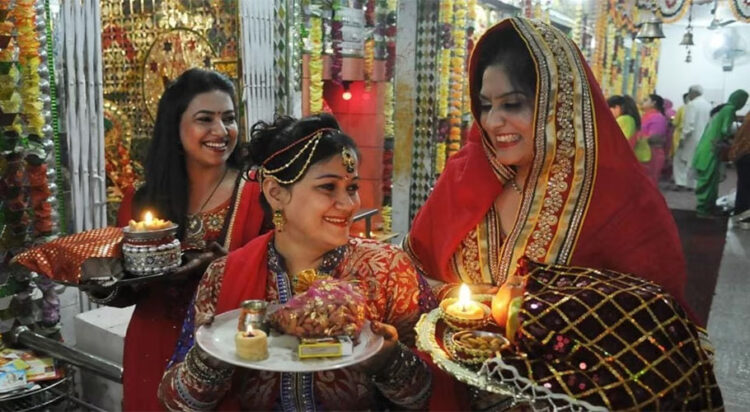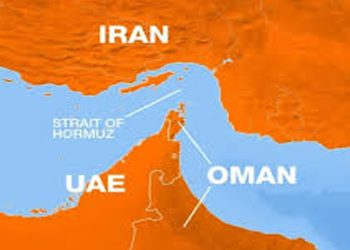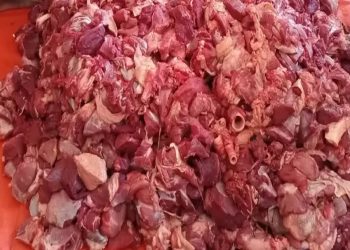Karwa Chauth, also known as Karak Chaturthi, is a significant Hindu festival for married women in India. It is mainly celebrated in the northwestern states of Rajasthan, Punjab, Uttar Pradesh, Haryana, and Delhi.
Karak Chaturthi translates to an earthen pot, called Karwa or Karak, through which the water is offered, known as Argha to the moon.
It is a celebration of marriage and involves fasting, known as the Nirjala Vrat, which does not involve food or water from sunrise until the moon is sighted in the evening.
Karwa Chauth falls during the Hindu month of Kartik during Krishna Paksha Chaturthi and is dedicated to the well-being and longevity of husbands.
It falls on the same day as Sankashti Chaturthi, a fasting day dedicated to Lord Ganesha, as per Drik Panchang.
The year, the festival will be observed on October 20, falling on a Sunday, with the moonrise expected to be at 7:55 PM as per Drik Panchang, although this may vary slightly depending on the location.
The Tale Behind the Festival:
Karwa Chauth symbolizes the strength of the marital bond. According to Drik Panchang, the story of Karwa Chauth centers around a Brahmin named Vedsharma and his wife Leelavati’s daughter.
Together, they had seven sons and one daughter named Veeravati. After getting married, Veeravati observed the tradition of Karwa Chauth and fasted for her husband every year.
However, one year, while at her parental home during Karwa Chauth, she fasted for her husband but fainted from weakness.
To help her, her brothers climbed a tree with a sieve and a lamp to create the illusion that the moon was shining. Believing it was time to break her fast. Veeravati was deceived and started eating.
However, with every bite, she received bad omens, which ultimately led to her husband’s death and her seeing his corpse upon her return home.
Devastated, Veeravati wept profusely and blamed herself for the outcome. To console her, Goddess Indrani, the wife of God Indra, appeared and explained that she had been punished for not honoring the moon.
The goddess advised her to fast every month for a year to make up for her actions and to regain her husband.
Following this guidance, Veeravati undertook the fast for an entire year and ultimately succeeded in bringing her husband back to life.
The Karwa Chauth festival symbolizes a wife’s devotion and love for her husband, exemplifying unwavering commitment, faith, and steadfast resolve in adversity.
This devotion strengthens the emotional and spiritual bond between husband and wife, ensuring the longevity of marital life.

































